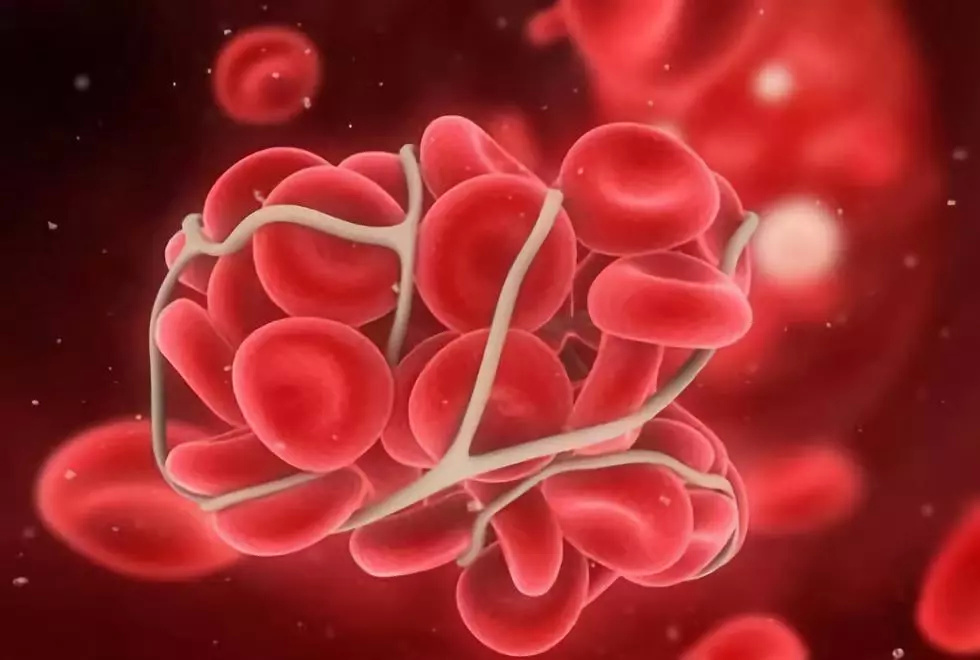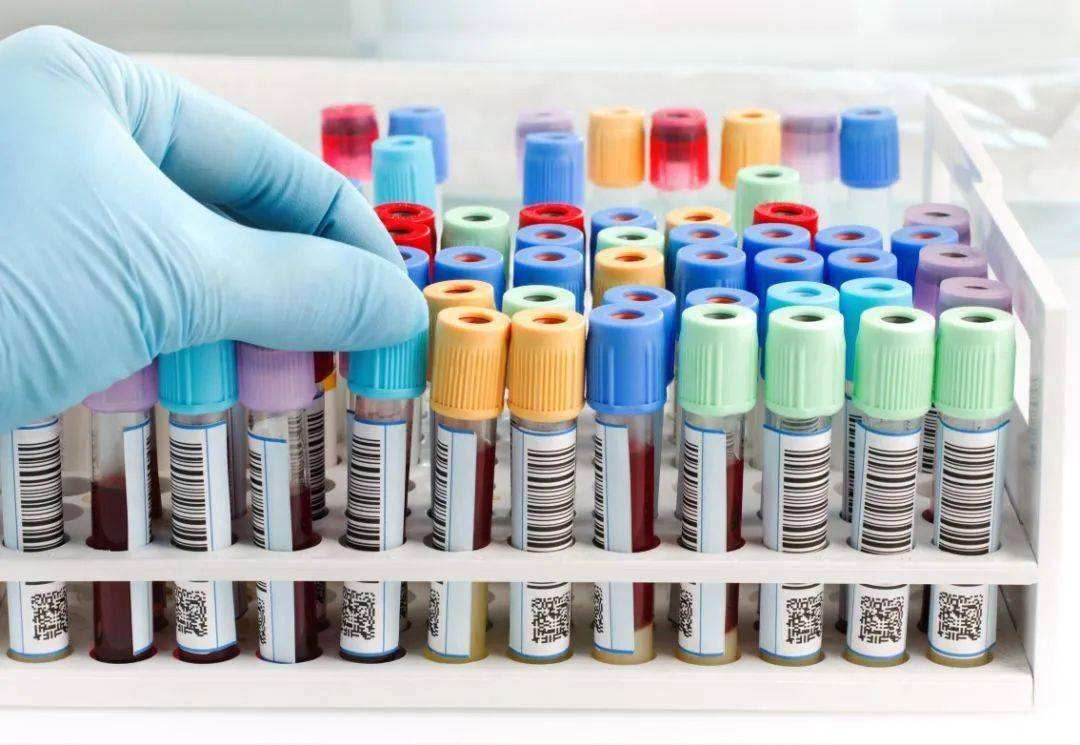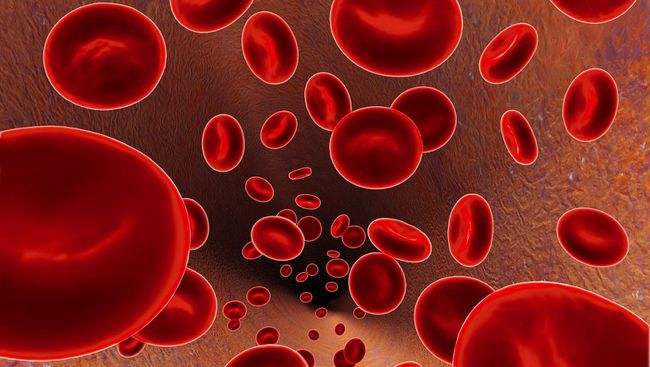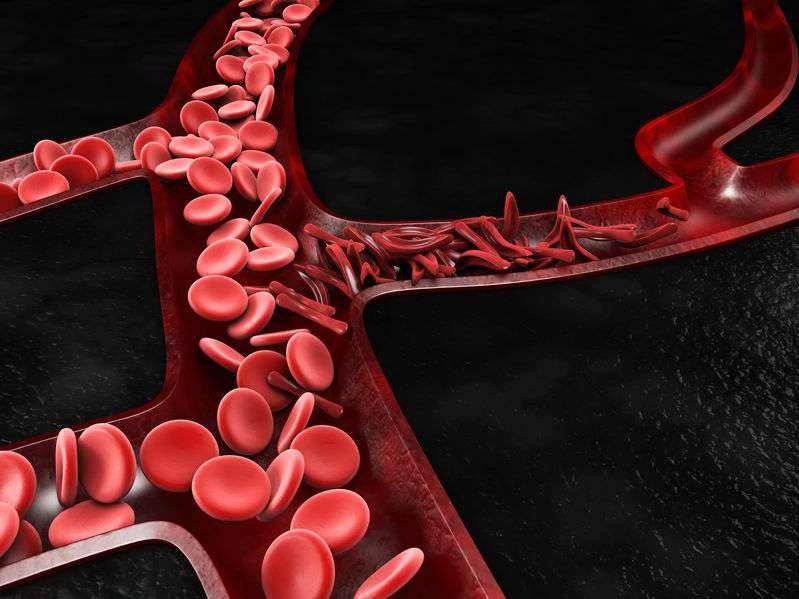-

Prolonged travel increases the risk of venous thromboembolism
Studies have shown that plane, train, bus or car passengers who remain seated for a journey of more than four hours are at higher risk for venous thromboembolism by causing venous blood to stagnate, allowing blood clots to form in the veins. In addition, passengers who t...Read more -

Diagnostic Index Of Blood Coagulation Function
Blood coagulation diagnostic are routinely prescribed by doctors. Patients with certain medical conditions or those who are taking anticoagulant drugs need to monitor blood coagulation. But what do so many numbers mean? Which indicators should be monitored clinically for...Read more -

The Features Of Coagulation During Pregnancy
In normal women, the coagulation, anticoagulation and fibrinolysis functions in the body during pregnancy and childbirth are significantly changed, the content of thrombin, coagulation factor and fibrinogen in the blood increases, the anticoagulation and fibrinolysis fun...Read more -

Common Vegetables Anti Thrombosis
Cardiovascular and cerebrovascular diseases are the number one killer that threatens the life and health of middle-aged and elderly people. Did you know that in cardiovascular and cerebrovascular diseases, 80% of the cases are due to the formation of blood clots in the b...Read more -

The Severity Of Thrombosis
There are coagulation and anticoagulation systems in human blood. Under normal circumstances, the two maintain a dynamic balance to ensure the normal flow of blood in the blood vessels, and will not form thrombus. In the case of low blood pressure, lack of drinking water...Read more -

Symptoms of Vascular Embolism
Physical diseases should be paid great attention by us. Many people do not know much about the disease of arterial embolism. In fact, the so-called arterial embolism refers to the emboli from the heart, proximal arterial wall, or other sources that rush into and embolize...Read more








 Business card
Business card Chinese WeChat
Chinese WeChat